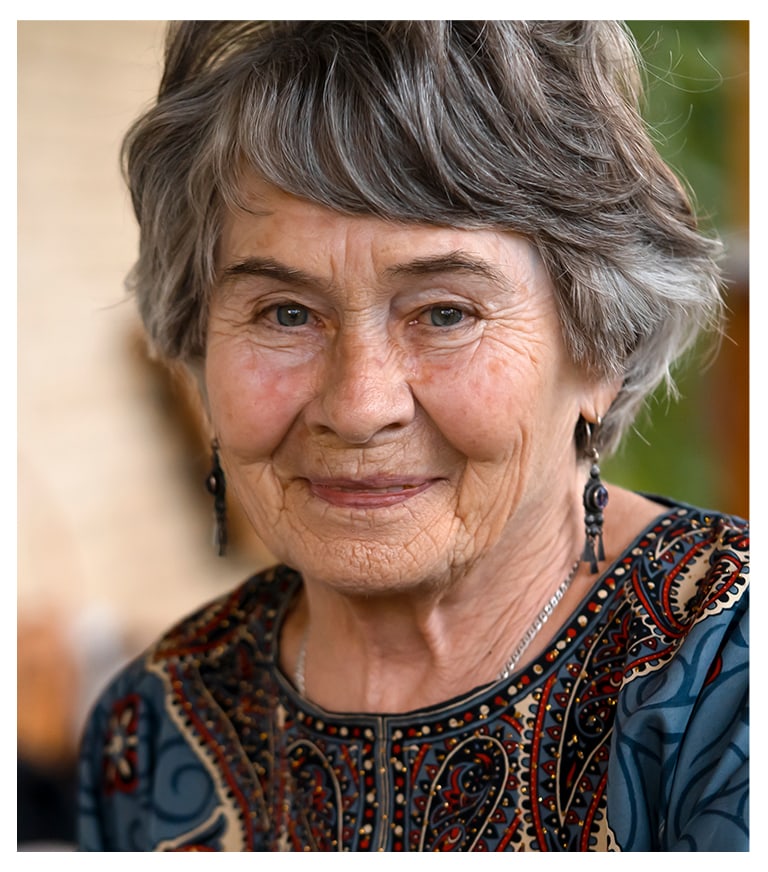Key Takeaways
- Dementia care is a broad term for any type of care for people with dementia, whereas memory care is a specific, specialized approach found only in senior living communities.
- Memory care can also help people with other cognitive conditions, such as Parkinson’s or those resulting from a traumatic brain injury.
- Assisted living is another supportive lifestyle that many older adults enjoy, but it’s not intended to help people with cognitive challenges.
How Is Memory Care Different from Dementia Care?
Memory care and dementia care are often used interchangeably to refer to any care meant to help people with Alzheimer’s and dementia. However, these care types are not the same.
In fact, both terms have unique nuances, and it’s essential to fully understand them if your loved one has dementia or is at risk of developing it.
Dementia care refers broadly to any care for people with dementia, including both at-home care and care provided in another setting.
Memory care refers specifically to a specialized approach that can only be found at a senior living community, and it can help people with cognitive conditions beyond dementia, such as Parkinson’s disease.
Ultimately, finding the right type of care starts with learning more about memory care, dementia care, and your loved one’s personal needs. Speaking with a senior living community can also help you gather the information you need to make an informed decision.
What’s the Best Way to Help Someone with Dementia?
The best way to help a loved one with dementia is to learn more about dementia, your loved one’s personal needs, and the options available to you for support.
It’s also important to remember that dementia is a progressive disease. The impact on your loved one and their care needs will change over time.
During the early stages of dementia, your loved one may be able to maintain their well-being and live well with at-home support—either from family caregivers or from a professional care provider.
However, during the later stages of dementia, memory care can provide valuable support, especially when there are potential safety hazards like wandering or your loved one is experiencing the effects of social isolation.
What Are the Different Types of Dementia?
The level and specific type of dementia care your loved one needs may also vary based on the type of dementia they have, so it can be helpful to learn the general differences between each type.
Alzheimer’s Disease
Alzheimer’s disease is the most common cause of dementia. It’s a progressive neurological disease caused by the abnormal buildup of proteins in the brain, which form plaques and tangles that damage and kill brain cells.
Early symptoms often include memory problems, such as forgetting recent events, names, or conversations. As the disease progresses, people may experience difficulty with language, disorientation, changes in mood and behavior, and impaired judgment.
Vascular Dementia
Vascular dementia is the second most common type of dementia. It’s caused by reduced or blocked blood flow to the brain.
Symptoms can appear suddenly after a stroke or develop more gradually over time. They often include problems with reasoning, planning, judgment, and attention. Memory loss may or may not be a prominent early symptom.
Lewy Body Dementia (LBD)
Lewy body dementia is a type of dementia caused by the abnormal accumulation of a protein called alpha-synuclein into clumps called Lewy bodies inside brain nerve cells. Fluctuations in cognitive function with periods of alertness and confusion are a defining feature of LBD.
Other key symptoms include visual hallucinations, movement problems similar to Parkinson’s disease (such as tremors, stiffness, and a shuffling gait), and a sleep disorder where a person acts out their dreams.
Frontotemporal Dementia (FTD)
Frontotemporal dementia is a group of disorders caused by the progressive degeneration of nerve cells in the frontal and temporal lobes of the brain. FTD typically affects people at a younger age, often between 45 and 64.
Symptoms of FTD vary depending on which part of the brain is affected:
- The behavioral variant of FTD (bvFTD) is characterized by significant changes in personality and behavior, such as a loss of empathy, inappropriate actions, or compulsive behaviors.
- The language variant (primary progressive aphasia) causes difficulty with speaking, writing, and understanding language.

When Should You Choose Memory Care for a Loved One?
If your loved one has any form of dementia, Parkinson’s, or is experiencing issues caused by another cognitive condition or traumatic brain injury, you may want to consider helping them access memory care.
It’s important to remember that memory care is not about giving up on your loved one and does not represent any failure or lack of care on the part of family caregivers.
Memory care is an opportunity to continue to help your loved one live well while spending more meaningful time with them.
Many memory care communities are filled with caring, specially trained professionals and offer a wide range of experiences designed for people with cognitive challenges and their families.
Choosing a community that offers comprehensive support for wellness can help you fully enjoy every moment that you spend with your loved one.
Which Other Conditions Can Memory Care Help With?
Memory care can help older adults experiencing a wide range of cognitive challenges. Parkinson’s disease is another common reason that older adults and their families choose memory care.
Sometimes, an older adult or family may also explore memory care because of the short-term or long-term effects of a traumatic brain injury.
What Is the Difference Between Memory Care and Assisted Living?
Assisted living is another supportive lifestyle that many older adults enjoy when they need daily assistance. However, it emphasizes care that supports independence.
Assisted living doesn’t provide programming or therapies specifically created to help people with cognitive challenges. The community experience is less tailored to the unique challenges of dementia and other cognitive conditions.
What Happens at Memory Care Communities?
At The Grande at Creve Coeur, our approach to memory care—called Lilac Trace—is inspired by the book Meet Me Where I Am and based on 5 key principles:
- We treat everyone as an individual. There is no “one-size-fits-all” approach to care.
- We respect each resident by understanding their individual history.
- We walk side by side with each resident daily and accept people for who they are now.
- We understand that behaviors and expressions are a form of communication.
- We strive to make each moment special.
Lilac Trace is a research-backed, holistic approach that emphasizes connection, collaboration, and compassion. We help our residents and their families with carefully crafted personal care plans. We work with a psychiatric nurse practitioner to promote mental and emotional health.
If you want to know more, contact us to schedule a tour. We would love to show you around our community in person and answer any questions you may have.









